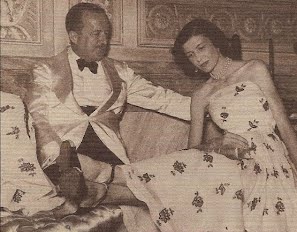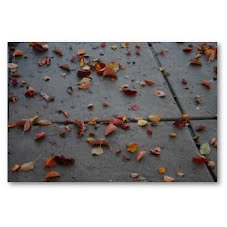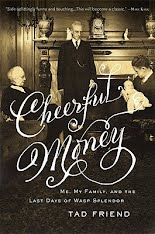In Defense of Wine

Duff Cooper and Susan Mary Patten in Venice, 1951
"I have already made mention of the happiness I have derived throughout my life from literature, and I should here, perhaps, acknowledge the consolation I have never failed to find in the fermented juice of the grape.
Writing in my sixty-fourth year, I can truthfully say that since I reached the age of discretion I have consistently drunk more than most people would say was good for me. Nor do I regret it. Wine has been to me a firm friend and a wise counsellor.
Often, as on the occasion just related, wine has shown me matters in their true perspective, and has, as though by the touch of a magic wand, reduced great disasters to small inconveniences. Wine has lit up for me the pages of literature, and revealed in life romance lurking in the commonplace. Wine has made me bold but not foolish; has induced me to say silly things but not to do them. Under its influence words have often come too easily which had better not have been spoken, and letters have been written which had better not have been sent.
But if such small indiscretions standing in the debit column of wine’s account were added up, they would amount to nothing in comparison with the vast accumulation on the credit side."
-from Duff Cooper's 1954 autobiography Old Men Forget
Whether you're a drinker or not, it's refreshing to read an old fashioned, unapologetic defense of indulgence of any kind in this age of juice cleanses and detox diets.
On Earnestness

Young people in big cities like New York, Mr. Gessen said, "are willing to acknowledge that they’re a class only ironically. So they’ll have their ironic kickball games. Their ironic magazines."
"They’re willing to have the privileges of their class," Mr. Gessen added, "to go to a good college, and be subsidized in their New York lives by their parents, but maybe not willing to be written about."
... "[Readers of n+1] can’t tell if we’re kidding," he said. "They can’t tell how much of it is in earnest."
"It’s all in earnest."
I know I'm way behind on looking into Keith Gessen and n+1, but I just read this (nearly 2-year old) interview promoting his book and I want to know much, much more. I may just shell out the $150 for a 2-year subscription and all the back issues.
n+1 seems like the anti-McSweeney's and right now that sounds very refreshing to me.
Fitzgerald on the Fall

'What'll we do with ourselves this afternoon?' cried Daisy, 'and the day after that, and the next thirty years?'
'Don't be morbid,' Jordan said. 'Life starts all over again when it gets crisp in the fall.'
--From F. Scott's The Great Gatsby, of course
On WASPiness

Another great find from this week's NYTimes Book Review is New Yorker writer Tad Friend's memoir, "Cheerful Money: Me, My Family, and the Last Days of Wasp Splendor.
The Times pithily describes Friend's book as recounting "with amiable nostalgia, the foibles and predilections of a declining caste." Although I'm not exactly from the Nantucket-summer-home set, I can certainly relate in a general way to some of the idiosyncrasies he describes.
A couple good excerpts:
“If Catholic guilt is ‘I’ve been bad’ and Jewish guilt is ‘You’ve been bad,’ then WASP guilt is ‘You probably think I’ve been bad.’ ”
“Visible striving or seriousness of purpose is unWASP because it suggests that you aren't yet at-- haven't always been at-- the top."